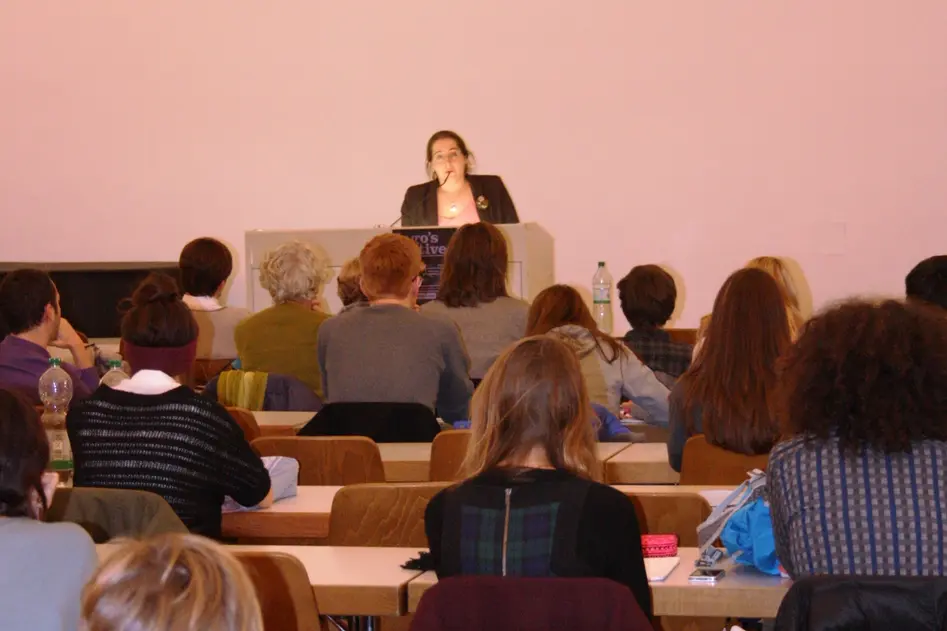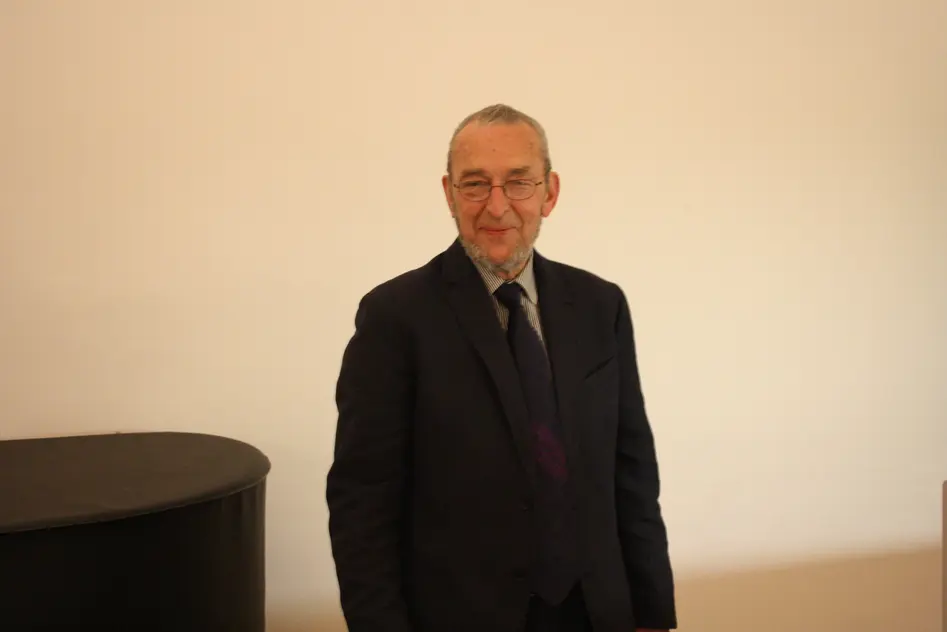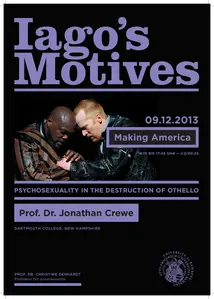Prof. Jonathan Crewe (Dartmouth College, New Hampshire): "Iago's Motives: Psychosexuality in the Destruction of Othello"
Montag, 09.12.2013, 16:15 - 17:45 Uhr, U2/00.25
Many readers are aware of two well-entrenched conclusions regarding Iago’s motives in Othello. These conclusions emerge because Iago’s own account of his motives seems insufficient or unconvincing: none of his explanations seem commensurate with the extreme cruelty and hell-bent destructiveness of his plotting against Othello. The two conclusions are, first, that Iago is Evil personified, while the other, proposed by S.T. Coleridge, is that Iago is a figure of 'motiveless malignity.'
While both 'Evil' and 'motiveless malignity' are strong conclusions regarding Iago, insofar as they posit a negativity beyond any rationalization, including Iago’s own, they may also constitute blockages or refusals of thought, as does critical reliance on Iago to explain himself. In this discussion, I will suggest that evidence regarding Iago’s psychosexual motivation is actually abundant, starting with the very fact that jealousy is his chosen instrument of destruction. Traditional failures to 'see' this evidence may tell us something about widespread cultural denial or repression, while the ability to 'see' it depends on the enablement offered by the now productively overlapping discourses of psychoanalysis, queer theory, and homosociality.
Jonathan Crewe is Professor of English and Comparative Literature and Leon Black Professor of Shakespearean Studies at Dartmouth College. He is the author of Trials of Authorship: Anterior Forms and Poetic Reconstruction from Wyatt to Shakespeare, Hidden Designs: The Critical Profession and Renaissance Literature, Unredeemed Rhetoric: Thomas Nashe and the Scandal of Authorship, and Reconfiguring the Renaissance: Essays in Critical Materialism, as well as the editor of several editions of Shakespeare's plays for Penguin South Africa. His current project focuses on Shakespeare in the literary history of sexuality.


